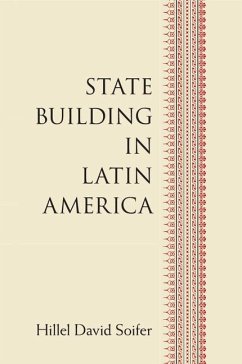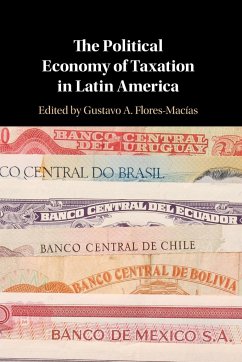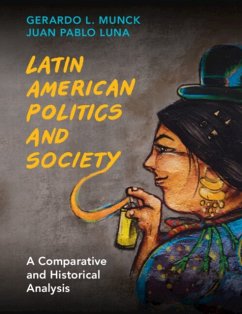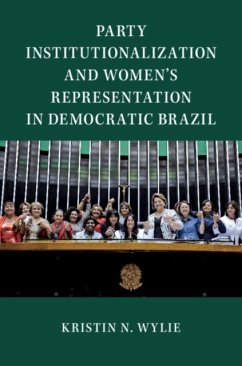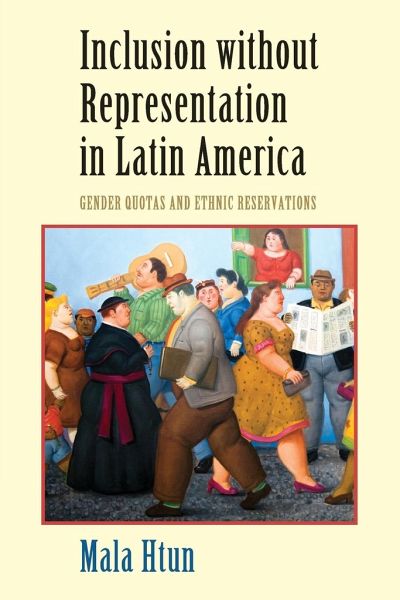
Inclusion without Representation in Latin America
Versandkostenfrei!
Versandfertig in 1-2 Wochen
42,99 €
inkl. MwSt.

PAYBACK Punkte
21 °P sammeln!
This book analyzes why and how fifteen Latin American countries modified their political institutions to promote the inclusion of women, Afrodescendants, and indigenous peoples. It shows how the configuration of political institutions set the terms and processes of inclusion, arguing that the new mechanisms have delivered inclusion but not representation.





